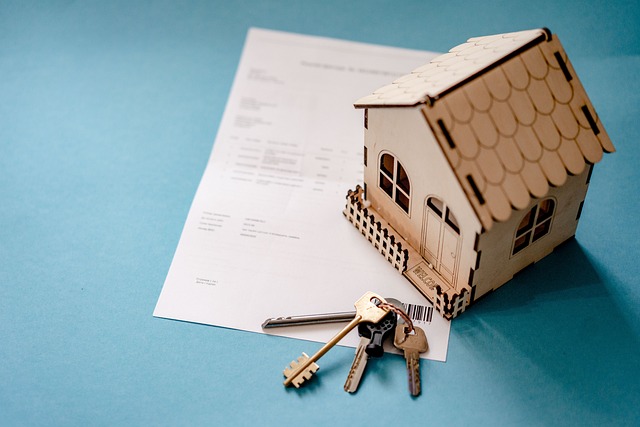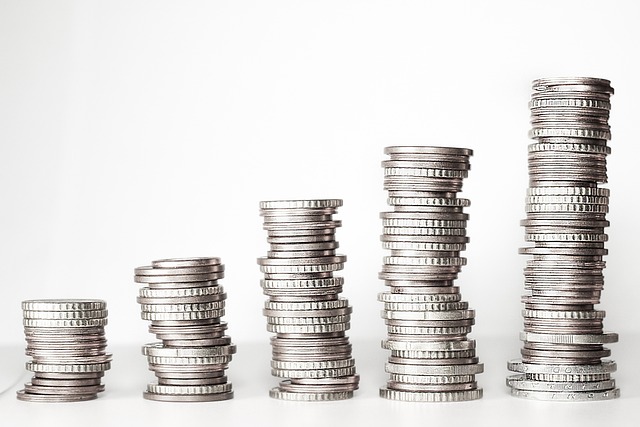student loan forbearance: Forbearance is often used as a tool to help borrowers avoid defaulting on their loans when they are facing financial difficulties, such as job loss, medical emergencies, or other unforeseen circumstances. However, it is important to note that forbearance is not a forgiveness of debt, and the borrower will still be required to repay the loan eventually, often with additional interest.
Define forbearance
Forbearance is a temporary suspension or reduction of loan payments granted by the lender to a borrower who is experiencing financial hardship. In the case of student loans, forbearance is a provision that allows borrowers to temporarily pause or reduce their monthly loan payments, typically for a period of up to 12 months.
Student loan forbearance is a useful option for borrowers who are unable to make their monthly payments due to financial difficulties such as job loss, medical emergencies, or other unforeseen circumstances. During the forbearance period, the borrower is not required to make payments on their student loans, but interest continues to accrue.
types of student loan forbearance
There are two types of student loan forbearance: discretionary and mandatory. Discretionary forbearance is granted at the lender’s discretion, while mandatory forbearance is required by law.
Discretionary forbearance is usually granted in cases where the borrower is experiencing financial hardship but does not qualify for other forms of relief, such as deferment or income-driven repayment plans. To apply for discretionary forbearance, borrowers must contact their loan servicer and provide evidence of their financial hardship.
Eligibility criteria for forbearance
Mandatory forbearance is required by law and is available to borrowers who meet certain eligibility criteria. Examples of situations that may qualify for mandatory forbearance include:
- Serving in a medical or dental internship or residency program
- Serving in a national service program, such as AmeriCorps
- Performing teaching service that would qualify for loan forgiveness under the Teacher Loan Forgiveness Program
- Being a member of the National Guard and called to active duty
- Qualifying for partial repayment of your loans under the U.S. Department of Defense Student Loan Repayment Program
If you are unable to make your student loan payments due to financial hardship, forbearance can provide temporary relief. However, it is important to remember that interest will continue to accrue during the forbearance period, which means that you will end up paying more in the long run. If you are struggling to make your payments, consider exploring other options such as income-driven repayment plans or loan consolidation.
Who is eligible for forbearance?
You may have a right to a COVID hardship forbearance if:
- you experience financial hardship directly or indirectly due to the coronavirus pandemic, and
- you have a federally backed mortgage, which includes HUD/FHA, VA, USDA, Fannie Mae, and Freddie Mac loans.
For mortgages that are not federally backed, servicers may offer similar forbearance options. If you are struggling to make your mortgage payments, servicers are generally required to discuss payment relief options with you, whether or not your loan is federally backed.
How long does forbearance last?
The length of forbearance can vary depending on the type of loan, the lender, and the reason for the forbearance. Forbearance periods can range from a few months to several years, but in most cases, forbearance is granted for a period of up to 12 months at a time.
For federal student loans, borrowers can request forbearance for a period of up to 12 months at a time, for a maximum of three years. However, discretionary forbearance is generally granted in shorter increments, and borrowers may need to reapply for forbearance if they need additional time.
For other types of loans, such as mortgages or personal loans, the length of forbearance can vary depending on the lender’s policies and the borrower’s circumstances. Some lenders may offer forbearance for a few months, while others may offer longer periods of up to 12 or 24 months.
It’s important to note that while forbearance can provide temporary relief, it is not a long-term solution. Borrowers who are struggling to make their loan payments should consider other options, such as income-driven repayment plans, loan consolidation, or loan forgiveness programs, to help manage their debt over the long term.
Can you sell your house while in forbearance ?
Yes, it is possible to sell your house while in forbearance, but there are a few things to keep in mind.
1. First, if you are in forbearance, you may still owe outstanding payments to your lender, including any missed payments and interest that has accrued during the forbearance period. You will need to work with your lender to determine how much you owe and how to pay it off.
2. Second, if you have a federally-backed mortgage, such as an FHA, VA, or USDA loan, you may be subject to certain restrictions on selling your home. For example, if you have an FHA loan and you sell your home within the first 90 days of ownership, you may be subject to certain restrictions and requirements.
3. Third, if you sell your home while in forbearance, you will need to ensure that the proceeds from the sale are used to pay off any outstanding debt on your mortgage. If you have negative equity in your home, meaning that you owe more on your mortgage than your home is worth, you may need to work with your lender to negotiate a short sale or other options for resolving your debt.
Finally, if you are considering selling your home while in forbearance, it is important to seek the advice of a financial professional, such as a real estate attorney or financial advisor, to help you understand your options and make informed decisions.



